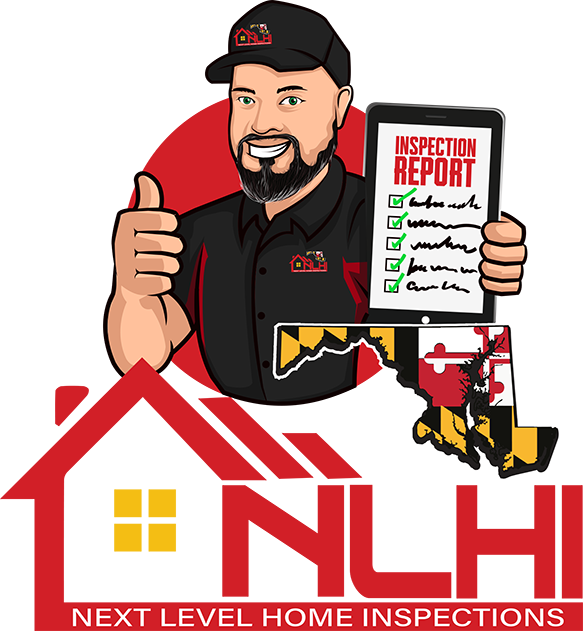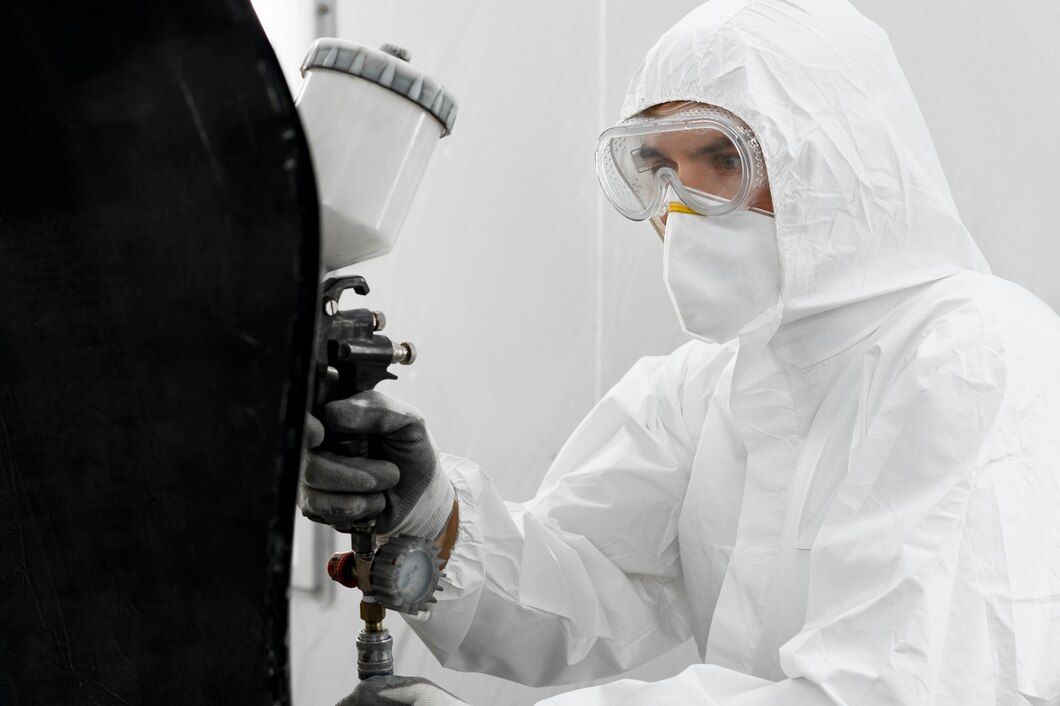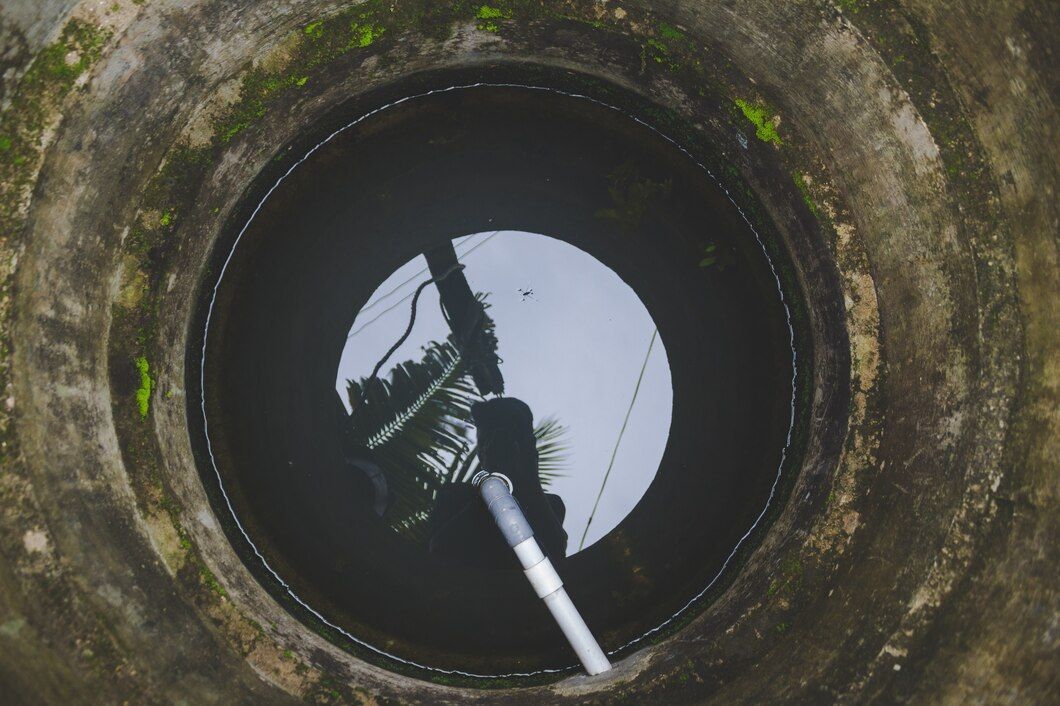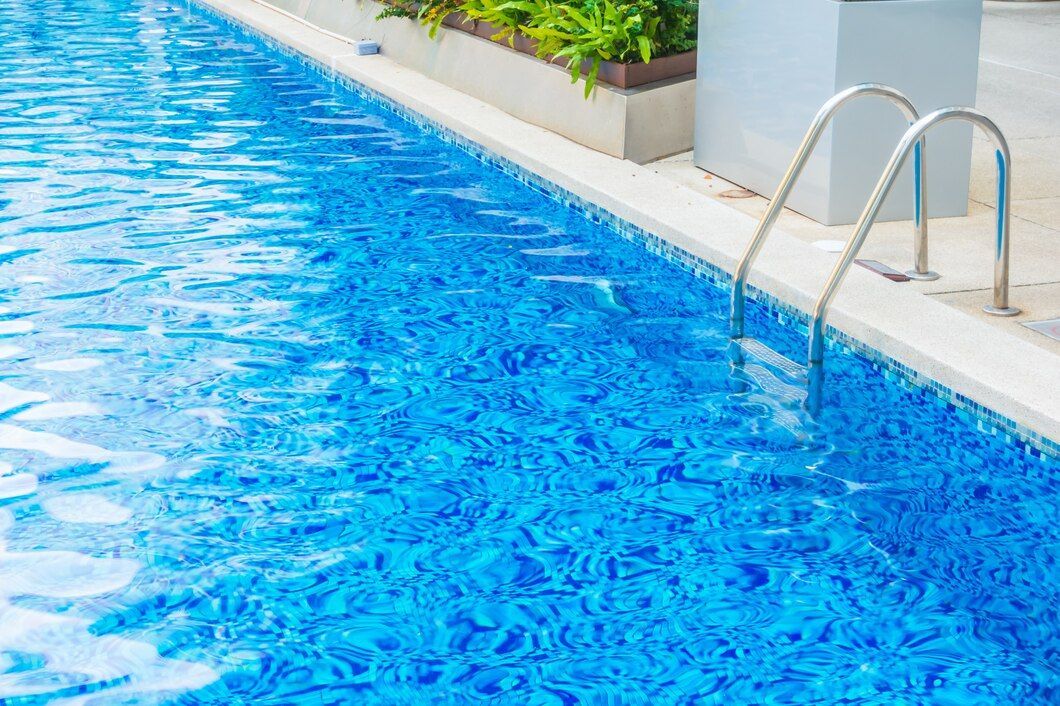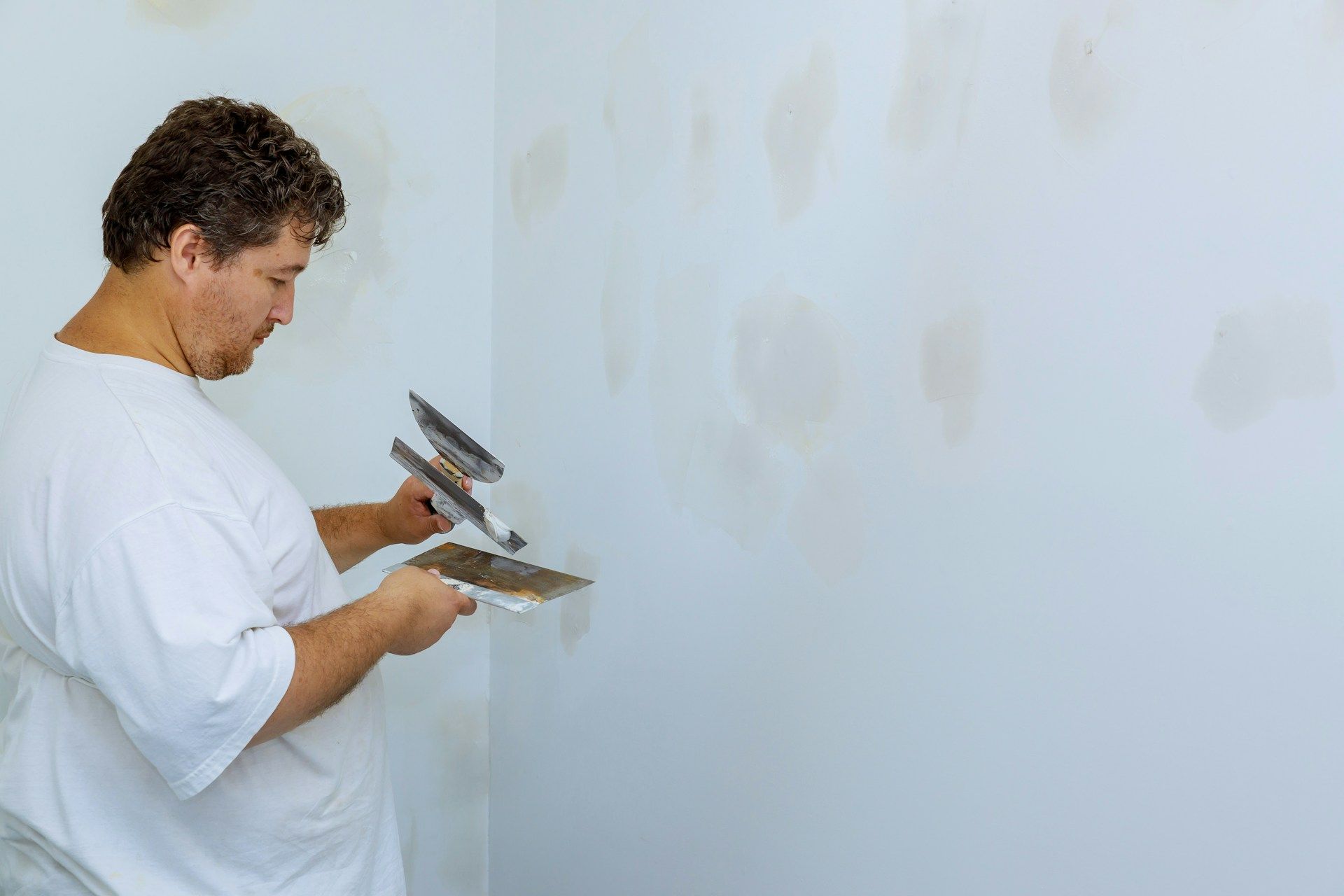Protecting Your Home's Foundation: The Significance of Correct Drainage and Effective Water Diversion
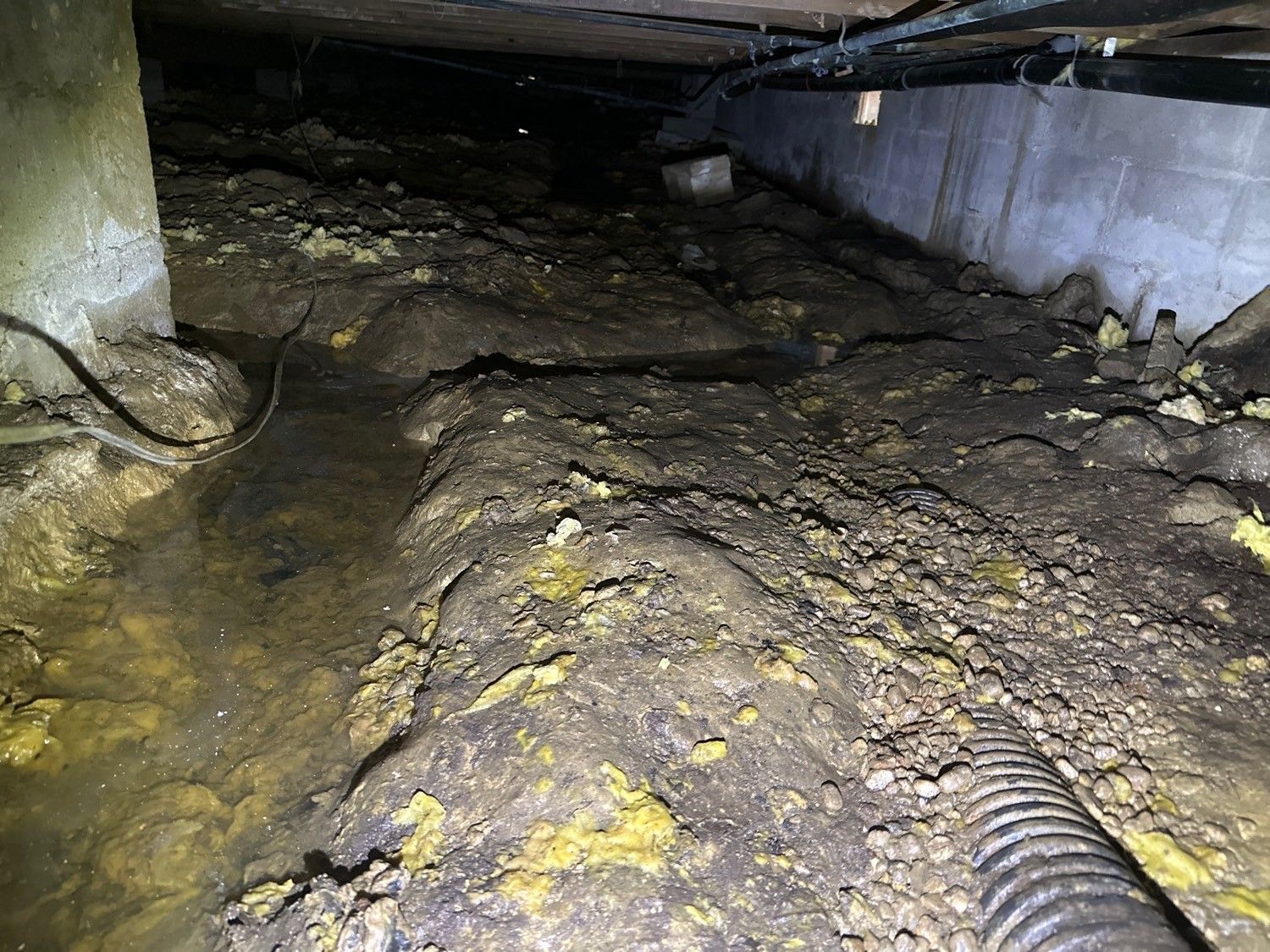
Maintaining correct drainage and effective water diversion around your home's foundation is essential for its long-term stability and integrity. By understanding the importance of proper drainage and following the guidelines set by InterNACHI (International Association of Certified Home Inspectors) standards of practice, you can prevent water damage, foundation issues, and costly repairs. In this blog, we will explore the significance of maintaining correct drainage and discuss the steps you can take to divert water away from your foundation while adhering to InterNACHI standards.
Importance of Correct Drainage:
Foundation Protection: Proper drainage is crucial in preventing water from accumulating around the foundation. Excess moisture can lead to soil erosion, shifting, and settling, jeopardizing the structural stability of your home. By maintaining correct drainage, you minimize the risk of foundation damage and costly repairs.
Water Damage Prevention: Insufficient drainage can result in water seepage into your basement or crawl space, leading to mold growth, rot, and damage to the structural components of your home. Effective drainage systems help channel water away, protecting your property from water-related damage.
Landscape Preservation: Correct drainage not only benefits your home's foundation but also plays a significant role in preserving your landscaping investment. It prevents soil erosion, drowning of plants, and the proliferation of weeds. By maintaining proper drainage, you can ensure healthy plant growth and maintain the beauty of your outdoor space.
Steps to Divert Water Away from the Foundation:
Install Gutters and Downspouts: Gutters collect rainwater from your roof and channel it away from the foundation. Make sure gutters are free of debris and properly sloped to direct water towards downspouts. Downspouts should extend at least 5 to 10 feet away from the foundation, preferably onto a sloped surface or a drain pipe.
Grade the Landscape: Proper grading ensures that the ground slopes away from the foundation, allowing water to flow away naturally. According to InterNACHI standards, the ground should slope a minimum of 6 inches within the first 10 feet surrounding the foundation.
French Drains: If you have persistent drainage issues, consider installing a French drain system. This involves digging a trench around the foundation, lining it with a perforated pipe, and filling it with gravel. The French drain collects and redirects water away from the foundation, preventing water buildup.
Extend Downspout Drainage: To further enhance water diversion, consider extending the downspout drainage system by using buried drain pipes. These pipes carry water away from the foundation and release it at a suitable location, such as a sloped area or a drainage ditch.
Maintain and Inspect: Regularly inspect your drainage system for any clogs, leaks, or damage. Clean gutters and downspouts at least twice a year to ensure proper water flow. Monitor the effectiveness of your drainage measures, especially after heavy rainfalls or during the wet seasons.
InterNACHI Standards of Practice:
InterNACHI provides comprehensive guidelines for home inspectors to assess the condition of a property's drainage system. These standards include inspecting gutters, downspouts, grading, and the presence of functional drainage systems. By adhering to these standards, home inspectors can identify potential drainage issues and guide homeowners on the necessary steps for proper maintenance and water diversion.
Maintaining the correct drainage of septic inspection in Arnold, MD around your home's foundation is crucial for safeguarding your property from water damage and foundation issues. By following the steps outlined above and adhering to InterNACHI standards of practice, you can ensure effective water diversion and preserve the long-term stability and integrity of your home. Regular maintenance, inspections, and proactive measures will contribute to a secure foundation and a healthier living environment for you and your family.
Next Level Home Inspections is a family owned and operated business capable of providing full home inspections in Maryland that include radon and water testing as well as drone and thermal imaging.
NAVIGATION
Next Level Home Inspections is a family owned and operated business capable of providing full home inspections in Maryland that include radon and water testing as well as drone and thermal imaging.
NAVIGATION
LOCATION
